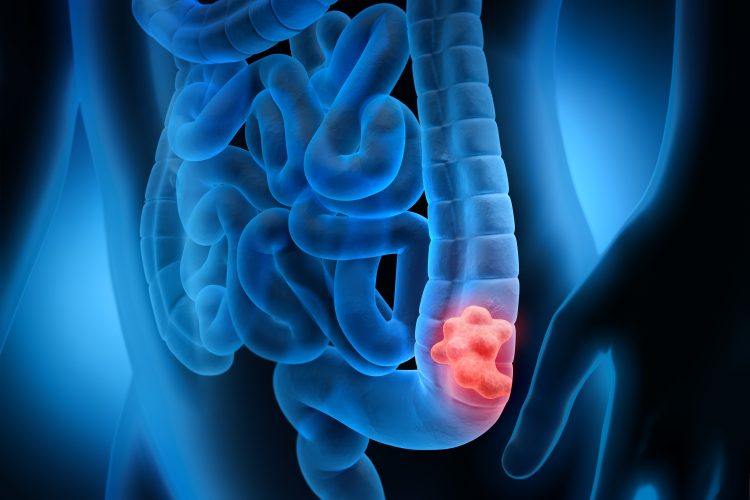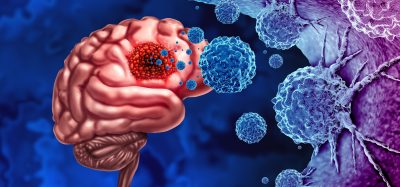New link between FBXW7 mutations and EGFR signalling identified
Posted: 19 March 2024 | Drug Target Review | No comments yet
The Organoid Group have discovered a link between FBXW7 mutations and the EGFR signalling pathway, which could improve colorectal cancer treatments.


Using human colon organoids and CRISPR/Cas9 gene editing, The Organoid Group at the Hubrecht Institute have identified a new link between FBXW7 mutations and EGFR signalling activity, which could improve treatment strategies for colorectal cancer.
Dr Maarten Geurts, one of the leading researchers on the project, elucidated: “We used healthy colon organoids, or mini-intestines as they closely recapitulate the organs in our body and therefore allow us to study health and disease in great detail.”
Usually, the FBXW7 gene plays a key part in the protein degradation system. However, FBXW7 mutations are involved in 10 percent of colorectal cancer patients and is associated with worse treatment outcome. This mutation is not yet well understood and the reason for the poor treatment outcome is currently unknown. Therefore, through the CRISPR/Cas9 base editing technique, the team introduced seven different FBXW7 mutations which constitute the most commonly occurring mutations in the gene, into the organoids.
EGFR signalling pathway
Mutations leading to colon cancer affect many signalling pathways. The epidermal growth factor receptor (EGFR) pathway is one such pathway. The signalling chain is usually overactivated in cancer so treatment options often include EGFR inhibitors.
It was discovered that FBXW7 mutations lead to increased signalling activity of the EGFR pathway and a decreased response to anti-EGFR treatment. Dr Matteo Boretto, another leading researcher on the project, commented: “The FBXW7 gene normally plays an important role in degradation pathways by putting a small flag on the EGFR, signalling for its degradation. We hypothesise based on our data that the mutated form could no longer do so.” Without the flag, EGFR is not degraded and therefore it remains active rendering EGFR inhibitors less effective. Dr Boretto added: “This link between EGFR signalling and FBXW7 mutations had not been shown before.”
Many patients are treated with EGFR inhibitors and have no better option available to them. Therefore, it is crucial to investigate this link between EGFR signalling and FBXW7 mutations further, particularly since the team found that this treatment option is less effective for patients with the mutation who were affected by metastatic colorectal cancer.
This study was published in the Proceedings of the National Academies of Sciences (PNAS).
Related topics
Cancer research, Organoids, Therapeutics
Related conditions
Cancer Research, Colorectal cancer
Related organisations
The Organoid Group (Hubrecht Institute)








